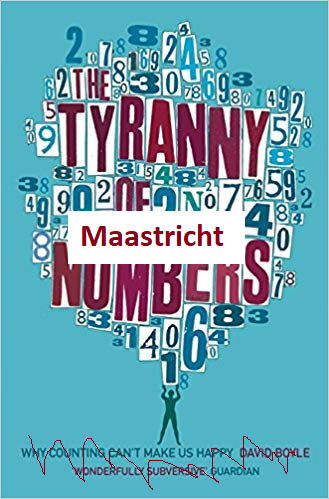Laszlo Naray, Istvan Zsadanyi:
Published: 02.23. 2015. (Napi Gazdaság printed, online)
...there is no such thing as philosophy-free science; there is only science whose philosophical baggage is taken on board without examination." (Daniel C. Dennett)
Let us now check the philosophical baggage we took on board ( without prior examination in 1992) when we all agreed to use the same inflation target numbers, as decreed by the Maastricht Criteria.

In our first article, we called Maastricht criteria (MC) " The tyranny of numbers". International institutions built on these criteria (i.e. coerced fiscal convergence, excessive deficit procedure and the adapted market and credit rating rituals) are forcing states to raise taxes and reduce expenditure in order to reduce their GDP-proportionate deficit exactly within those given time-lines , when the spontaneous market mechanisms alone are unable to generate sufficient incomes - although the IMF itself showed in a comprehensive study in 2012 that 1 % austerity on average resulted in a 1,3 % decrease in the GDP.
What could be the reason why the budget balance is considered to be a vital issue in spite of the proven fact that the austerity logic has created a great deal of insufficient damage? Why are the central banks not allowed to give money to those governments in need? And why is it bad if public debt exceeds 60 % of GDP, while private debt is over 200 % of GDP in more developed, well-functioning countries? Didn't we mix the tool with the goal? What is the goal at all?


